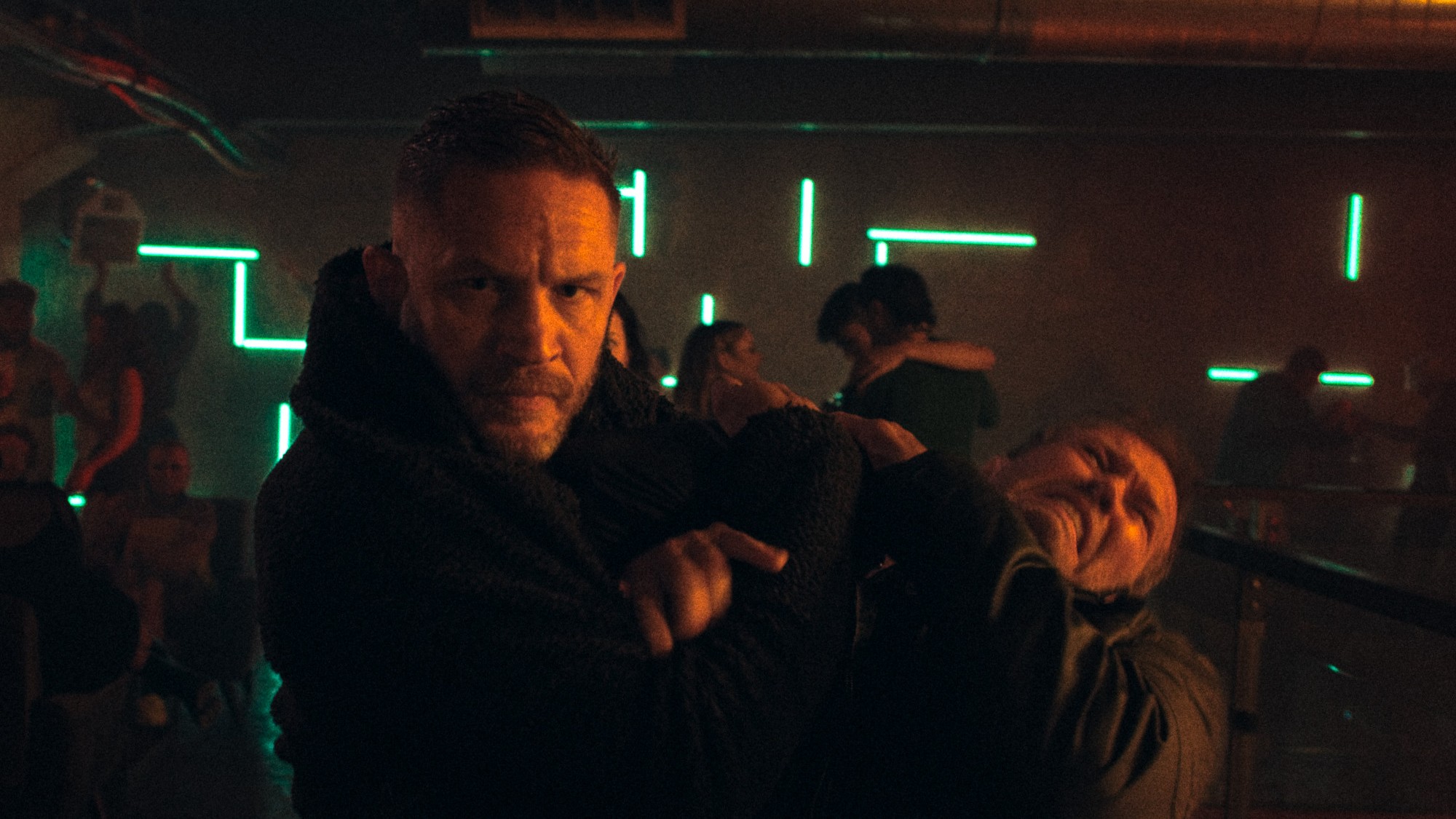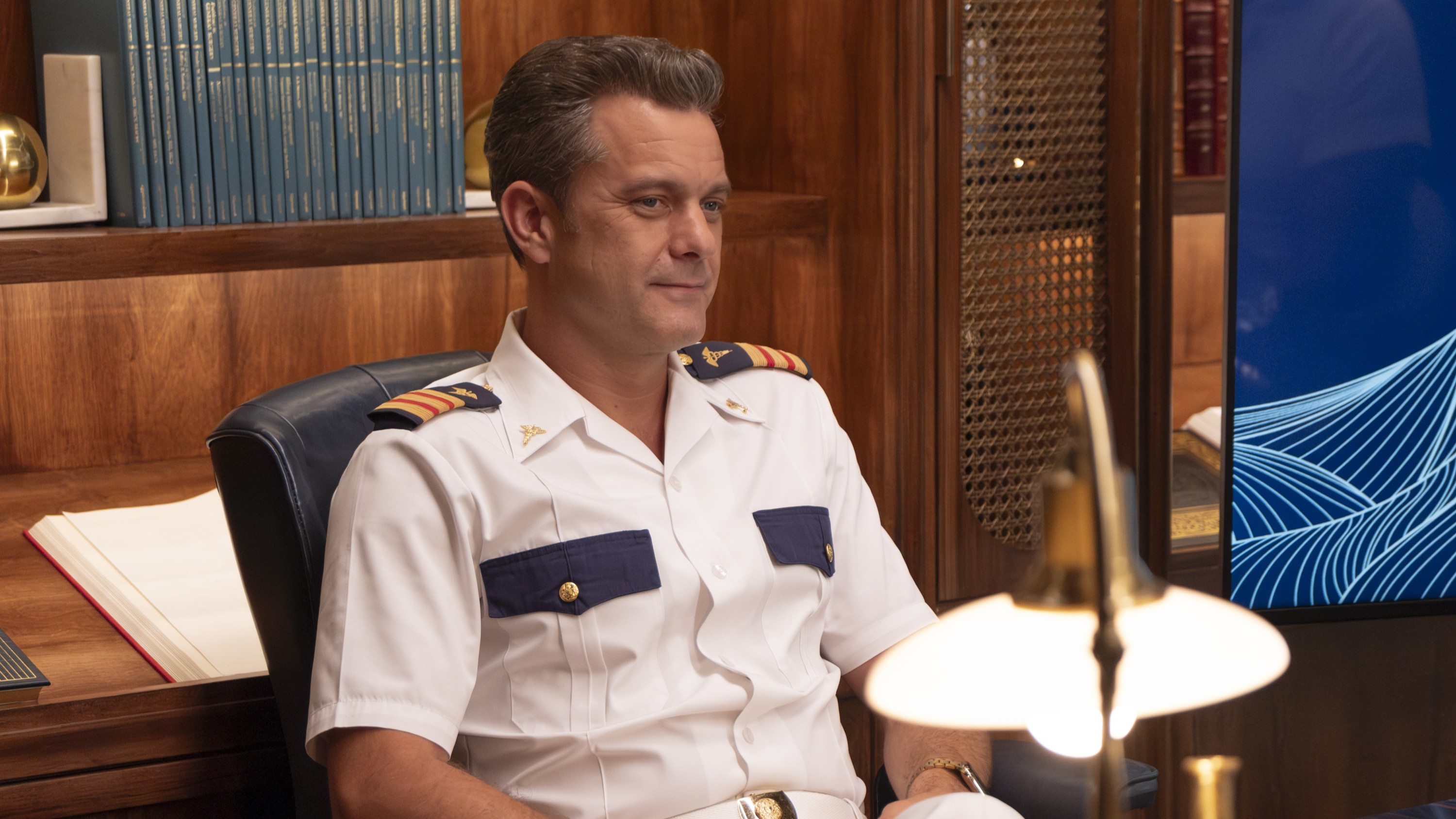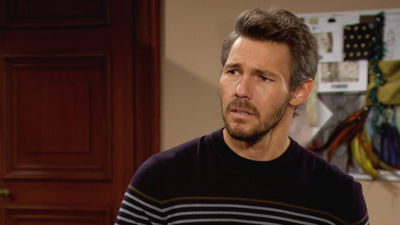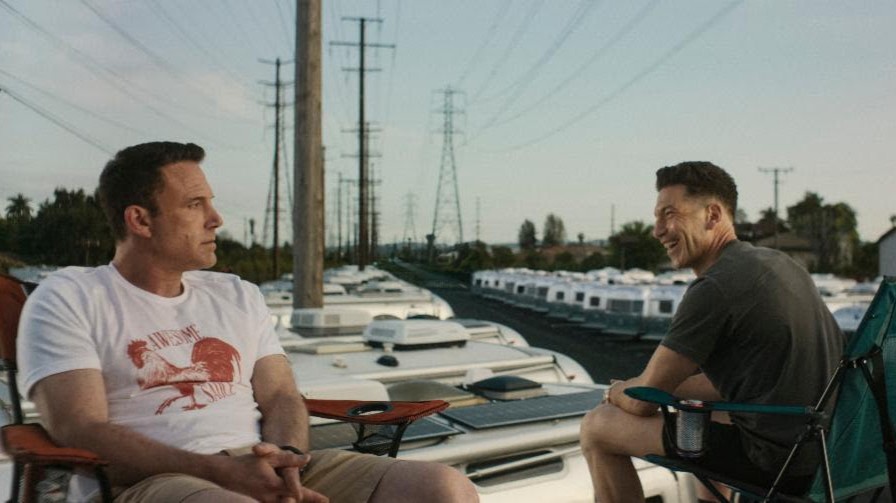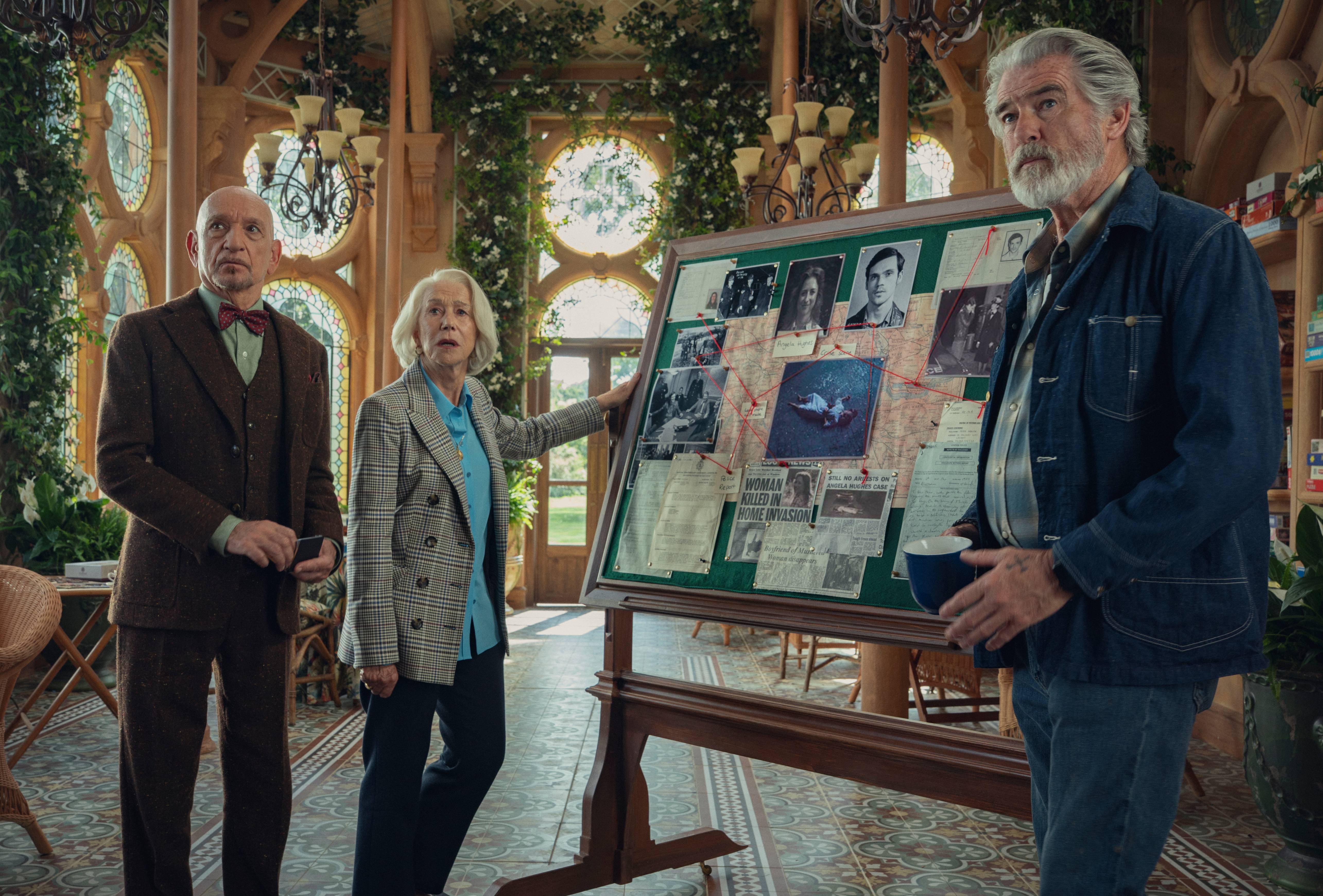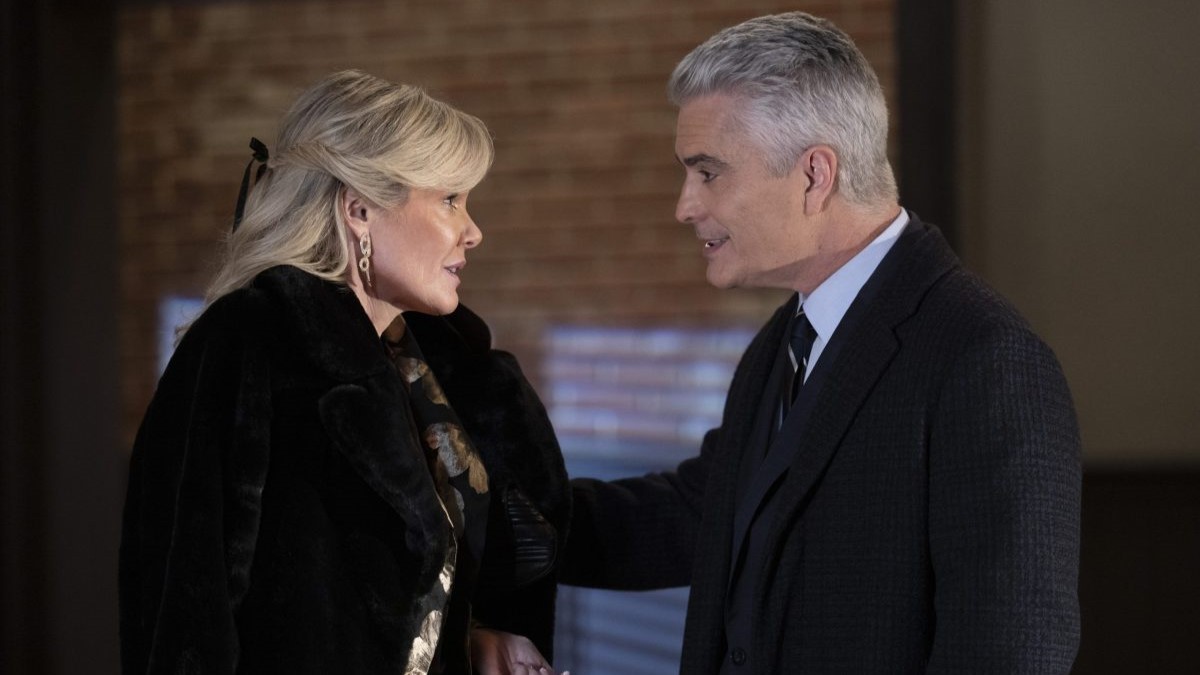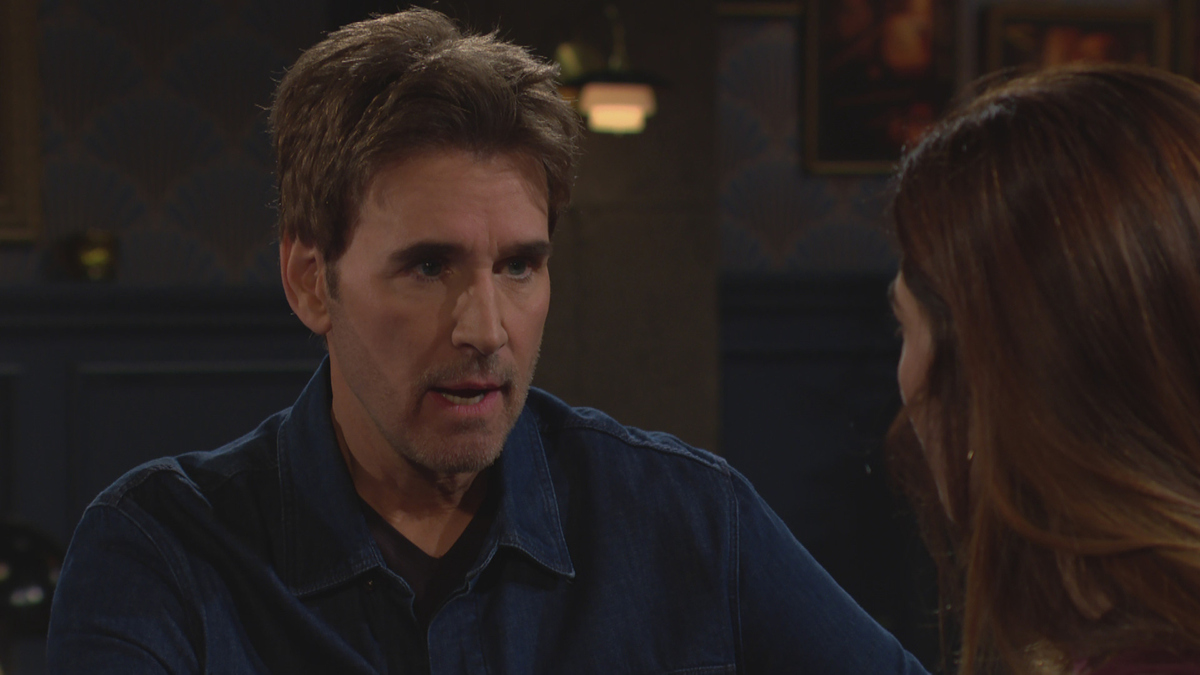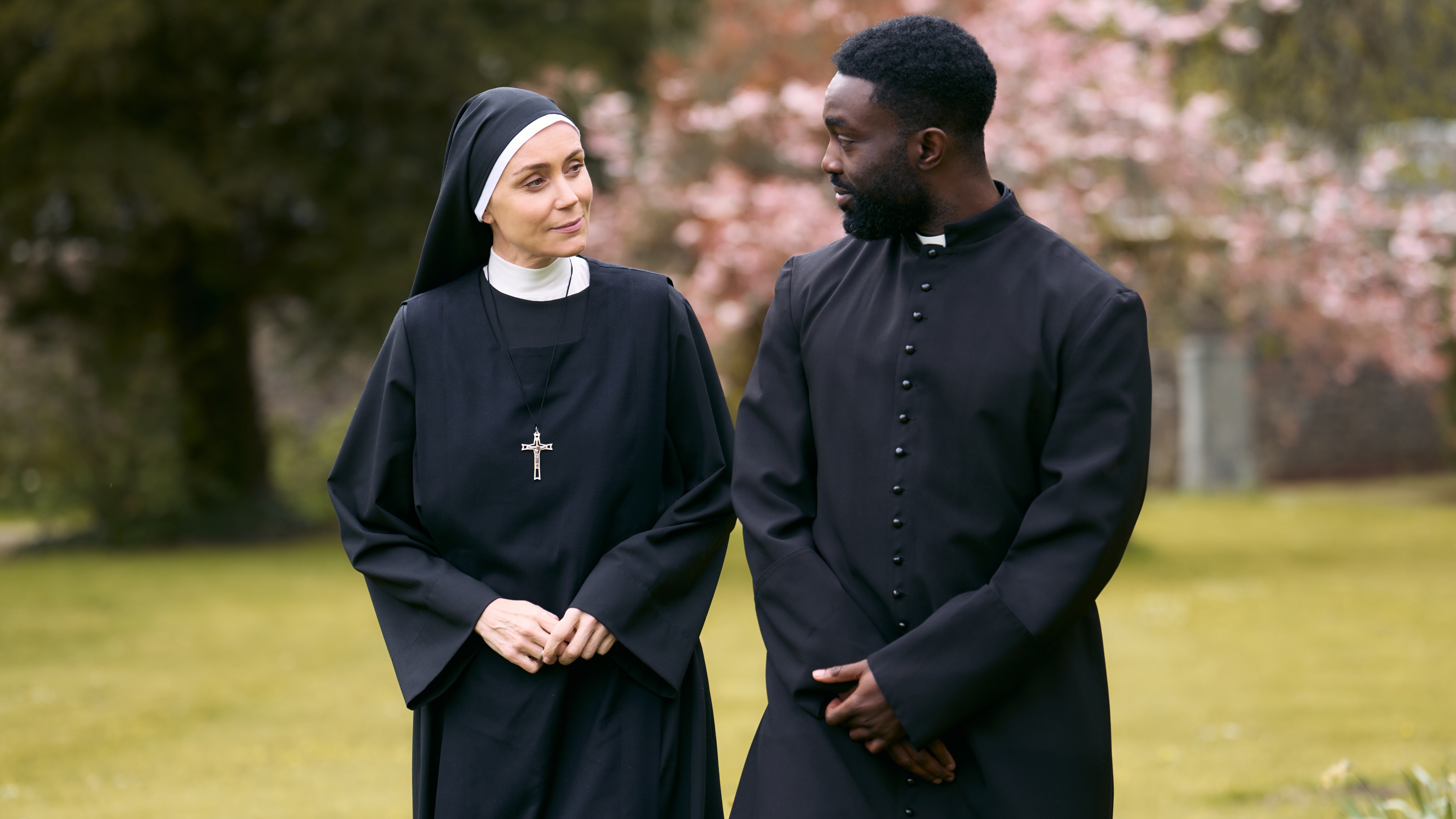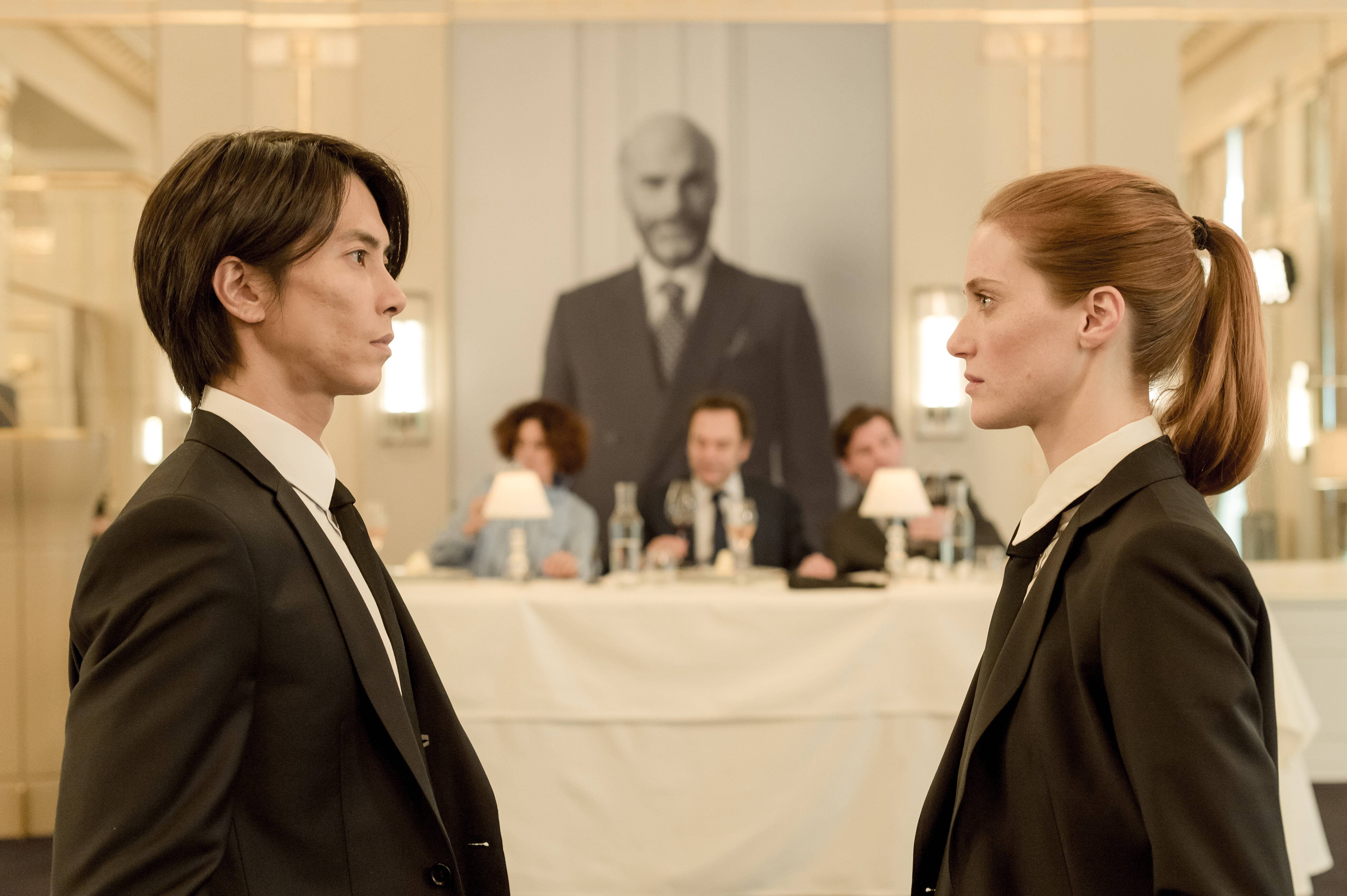Le Bossu - Daniel Auteuil hits the mark in classic swashbuckling adventure
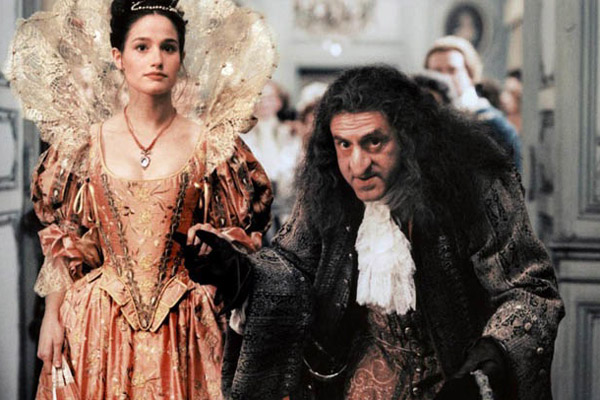
Rip-roaring costume romp Le Bossu made its cinematic bow in 1997 at a low point for swashbuckling films.
The eras of Douglas Fairbanks and Errol Flynn, of course, had seen the genre at its peak, yet by the 90s swashbucklers seemed to have forever lost their dash and swagger.
True, Richard Lester had given the form a satirical spin in the 1970s with his brace of movies based on Alexandre Dumas' Musketeer novels, but by the time Stephen Herek's crass 'Young Swords' version of The Three Musketeers hit the screen like a wet slap in 1993, there didn't appear to be any film-makers left standing who knew how to treat the genre with affection or respect.
In France, naturally, they do things differently, and veteran director Philippe de Broca's Le Bossu proved to be a thrilling throwback.
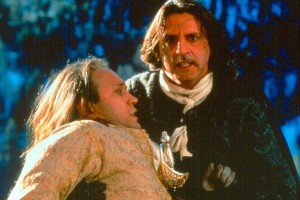
Unashamedly old-fashioned but hugely entertaining, de Broca's film boasted a dashing hero, dastardly villain and winsome distressed damsel, not to mention a melodramatic plot, thrilling sword fights and high-spirited comedy - all the elements you need to fashion the perfect swashbuckler.
The source for these elements is a novel by one of Dumas' younger contemporaries, Paul Féval. First published in 1875, Féval's Le Bossu was a great hit in its day and has spawned over half a dozen screen adaptations.
De Broca's version finds Daniel Auteuil in the heroic leading role. It's Paris in 1699 and Auteuil's Lagardère is a foundling who has grown up to become an expert swordsman thanks to his two mentors, a pair of fencing masters. His skill with a blade brings him into the orbit of an even finer swordsman, the gallant, insouciant, fabulously wealthy Duc de Nevers (Vincent Perez, perfectly cast), who has invented a sword thrust that is impossible to parry, the famous "botte de Nevers" – a nifty feat of legerdemain that climaxes with the blade piercing the victim’s skull between the eyes.
Get the What to Watch Newsletter
The latest updates, reviews and unmissable series to watch and more!
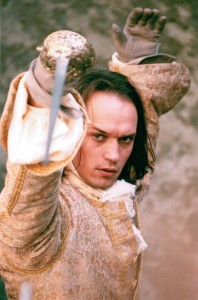
Nevers, however, has an evil, scheming cousin, Gonzague (Fabrice Luchini, delightfully slimy), who is desperate to inherit the duke's fortune and has hidden from him the fact that his aristocratic lover, Blanche (Claire Nebout), has borne him a child, a daughter called Aurore. Learning of the baby's existence, Nevers enlists Lagardère’s aid and sets off with him to the castle of Caylus in South-west France to marry Blanche.
Thanks to Gonzague's machinations, tragedy intervenes and Lagardere is left to raise and protect Aurore as his own daughter. Sixteen years pass, time that the pair spend in the company of a troupe of Italian travelling players and during which Aurore grows into the lissome Marie Gillain. Then the troupe’s peregrinations take them to the outskirts of Paris and Lagardère sees an opportunity to strike back at the duplicitous Gonzague.
His plan requires him to invent a new identity, to become le bossu of the title – the hunchback. And it sees the return of the fabled “Nevers thrust”…
As adroit and artful as his hero, de Broca gets the tone of Le Bossu perfectly right - romantic, thrilling and with a sense of fun that never slips into parody or self-mockery.
Since the original release of Le Bossu, swashbucklers have come back in vogue thanks to the phenomenal success of the Pirates of the Caribbean movies, but de Broca’s film has a charm and a panache that I suspect will outlive its brasher successors.
Released on DVD by Second Sight.
A film critic for over 25 years, Jason admits the job can occasionally be glamorous – sitting on a film festival jury in Portugal; hanging out with Baz Luhrmann at the Chateau Marmont; chatting with Sigourney Weaver about The Archers – but he mostly spends his time in darkened rooms watching films. He’s also written theatre and opera reviews, two guide books on Rome, and competed in a race for Yachting World, whose great wheeze it was to send a seasick film critic to write about his time on the ocean waves. But Jason is happiest on dry land with a classic screwball comedy or Hitchcock thriller.

